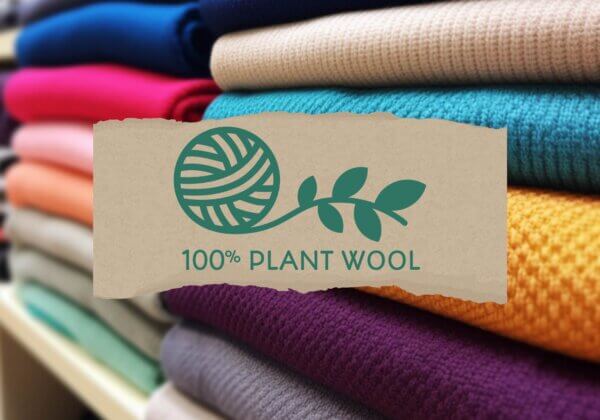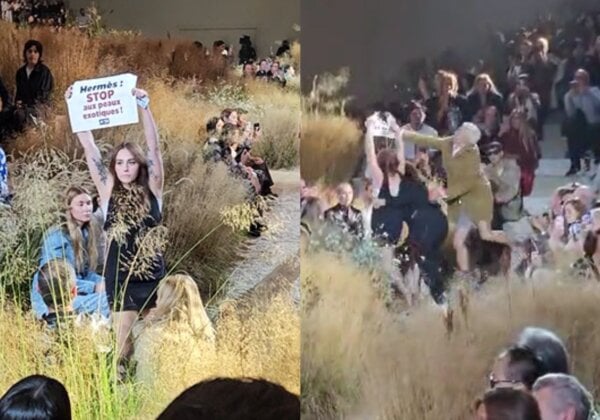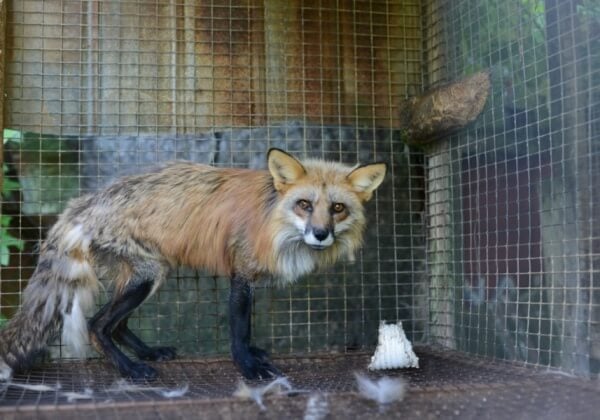HUGO BOSS Releases First ‘PETA-Approved Vegan’ Men’s Suit
After talks with PETA Germany, fashion house HUGO BOSS has launched its first completely animal-free men’s suit, certified with the “PETA-Approved Vegan” logo, as part of its BOSS spring/summer collection.
As demand for ethically produced fashion continues to rise, we applaud BOSS for being the first world-famous premium brand to set this stylish milestone in vegan menswear and offer its customers a compassionate alternative to wool suits. Other fashion houses are sure to follow in its footsteps.

What Is the Suit Made Of?
The HUGO BOSS design team made sure that it created the new suit from exclusively non-animal materials, including the dyes, glues, and other substances. Made of certified organic European linen, the suit is available both online and in stores in beige, dark blue, and black.
What Is the ‘PETA-Approved Vegan’ Logo?
The “PETA-Approved Vegan” logo helps companies showcase their clothing, accessories, and home furnishings made with only vegan materials and to enable shoppers to identify animal-free items at a glance. More than 1,000 brands and designers worldwide – including MIMCO, Zhivago, Topshop, and The Iconic – have already had their products or collections certified to use the logos.

What’s Wrong With Wool?
Animal abuse: PETA and our affiliates have uncovered systemic cruelty to sheep in the wool industry at 116 shearing operations on four continents in the last few years. Our exposés have documented rampant abuse, including violent treatment such as kicking, hitting, and slamming sheep to the floor. Shearers are paid by volume, not by the hour, which encourages fast, rough handling that can leave sheep with gaping, bloody wounds. In light of these findings, PETA affiliates have filed complaints with the relevant authorities, which has led to recent convictions of wool-industry workers in Australia and Scotland.
Environmental disaster: The wool industry also wreaks havoc on the environment: manure generated by farmed animals has significantly contributed to the increase in atmospheric greenhouse gases, large-scale grazing has led to vegetation change and soil erosion, and waterways have been polluted by faecal matter and the toxic chemicals used to rid sheep of parasites.
 Jo-Anne McArthur | We Animals
Jo-Anne McArthur | We Animals
What You Can Do
Don’t buy wool. Luckily, there’s no need to buy wool or any other material for which animals were beaten, slaughtered, or skinned. With so many great animal-free alternatives available that are also kinder to the environment, it’s easy to choose clothing that you can be proud to wear.
Please watch and share our exposés to help more people learn the truth about the cruelty of the wool industry:







